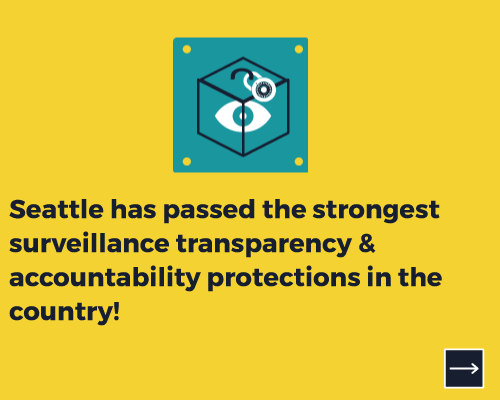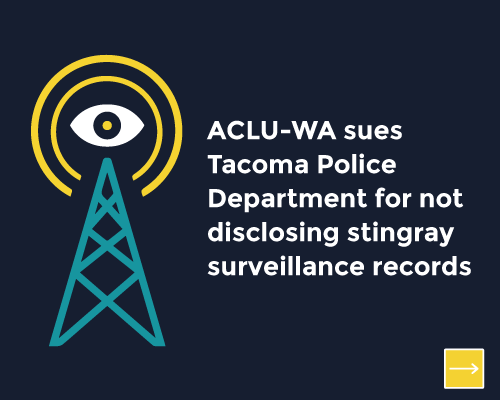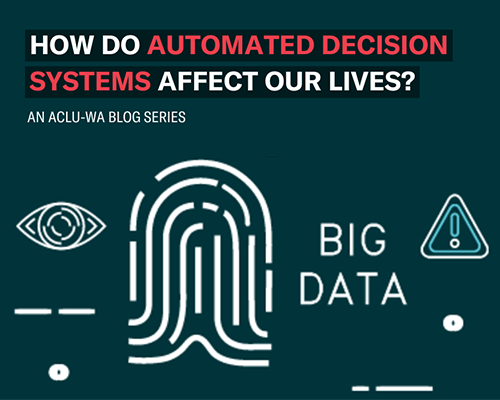Published:
Friday, January 28, 2011Imagine this scenario. You walk up to a fast food counter for lunch and, before you say anything, the cashier asks if you'd like to order the same thing you ordered the last three times you visited. The cashier then asks if you'd like to try a new dessert item, because she knows how much you like a similar item at a different restaurant. While you are eating, you receive a phone call from a local gym suggesting you might be interested in a free personal trainer workout based on all the fast food you eat. Then, just before you leave, your phone notifies you that you have received a new email offering a free cholesterol and heart disease screening from a clinic that is "concerned" about your fast food eating habits.
If this sounds creepy, it should. But this sort of data sharing and behavioral marketing is taking place right under your nose every time you browse the web. As explained on the National ACLU blog of rights, protecting your online privacy is exactly why we need a "Do Not Track" list for the internet.







